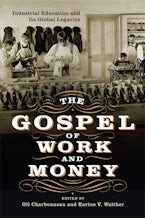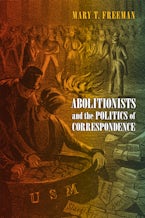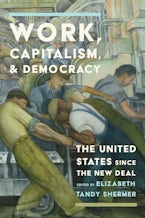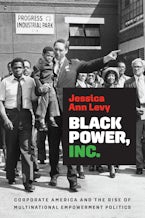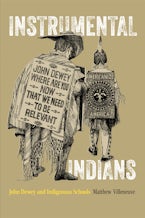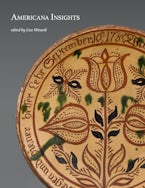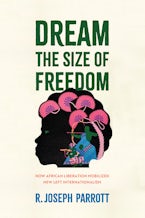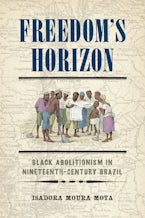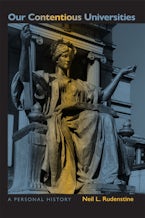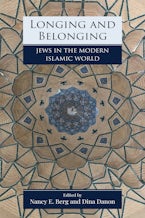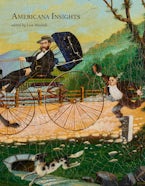The first collection to explore forms of coercive labor education as connected global phenomena across modern history
At its core, industrial education was a project of imperial modernity that sought to reform marginalized populations towards the extractive ends of empire and capital. Its architects and practitioners identified interlocked civilizational and financial benefits of these practices. Its classrooms were spaces where children and youth learned to labor in ways designed to transform them into pliant and mobile workers. Editors Oli Charbonneau and Karine V. Walther bring together scholars from multiple disciplines to explore the practices and legacies of industrial education across modern global history.
The Gospel of Work and Money is the first collection to explore forms of coercive labor education as connected global phenomena across modern history and foreground the many ways that ‘work’ remains the primary pedagogical lens of capital in our present era. Contributors link practices of industrial and imperial modernity in the nineteenth and early twentieth centuries to a host of projects across an ostensibly decolonized world. A volume of critical histories, the book is a valuable resource for scholars and instructors of capitalism, empire, education, and labor.
Contributors: Danya Al-Saleh, Lukas Allemann, Hossein Ayazi, Zahra Babar, Oli Charbonneau, Bronwen Everill, Mishal Khan, Arun Kumar, Janne Lahti, Dolf-Alexander Neuhaus, Sarah Steinbock-Pratt, Karine Walther, Helge Wendt, Christine Whyte.

